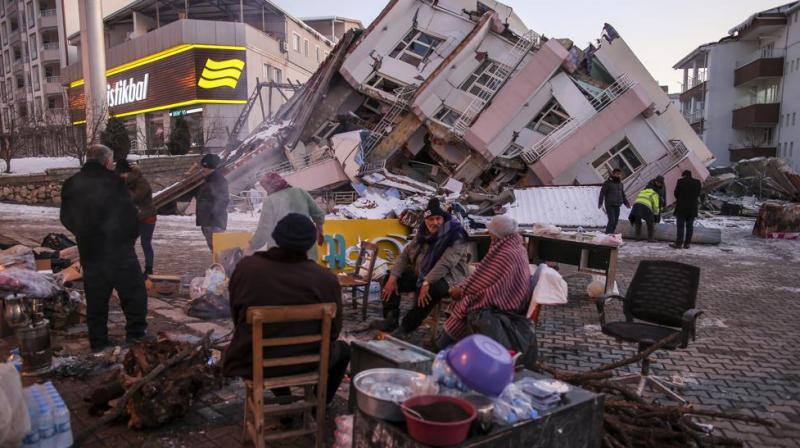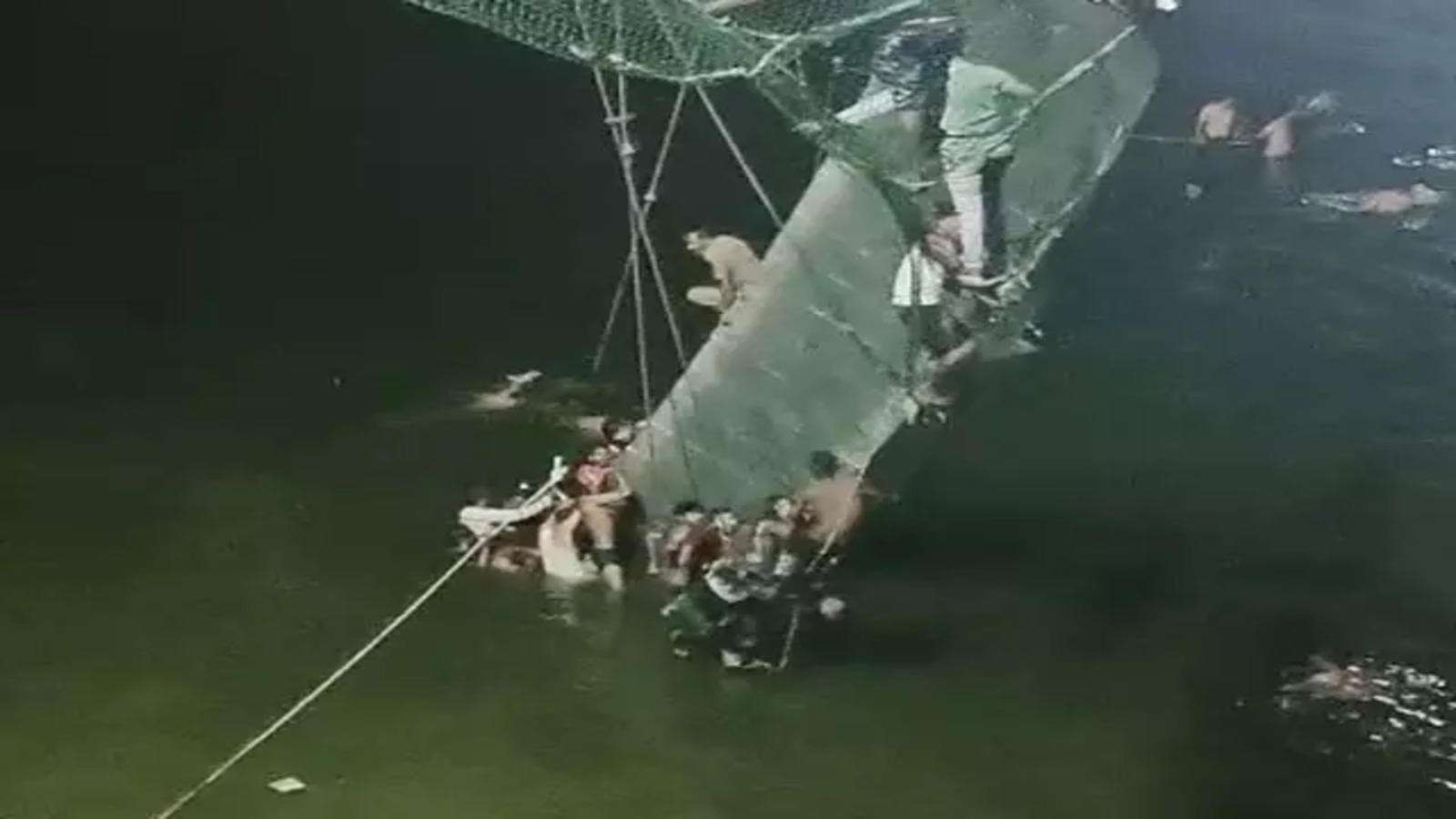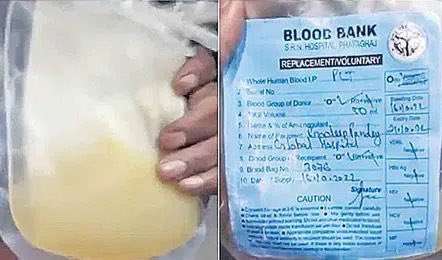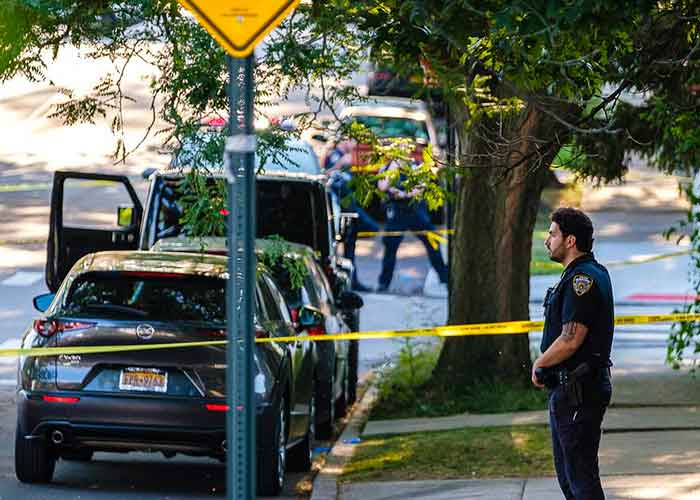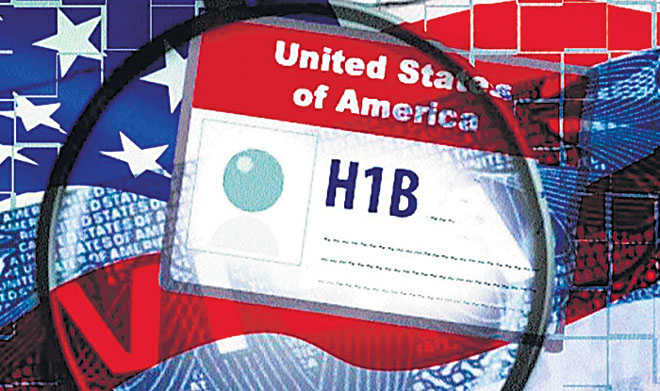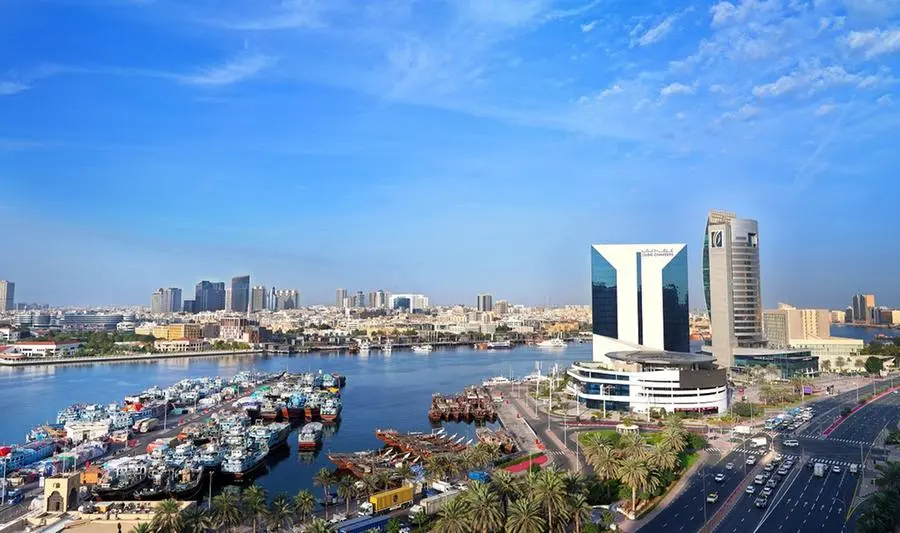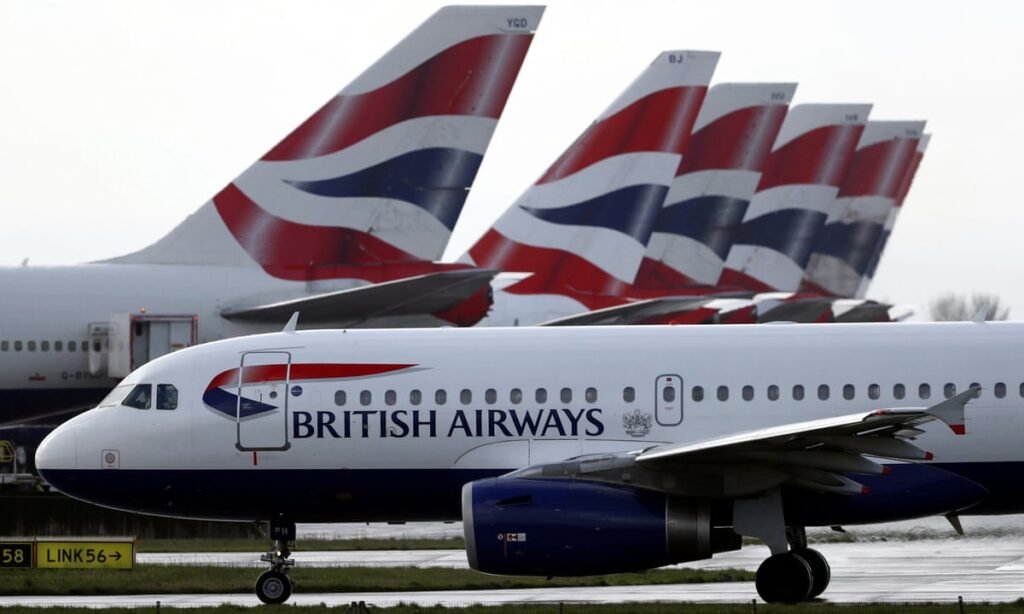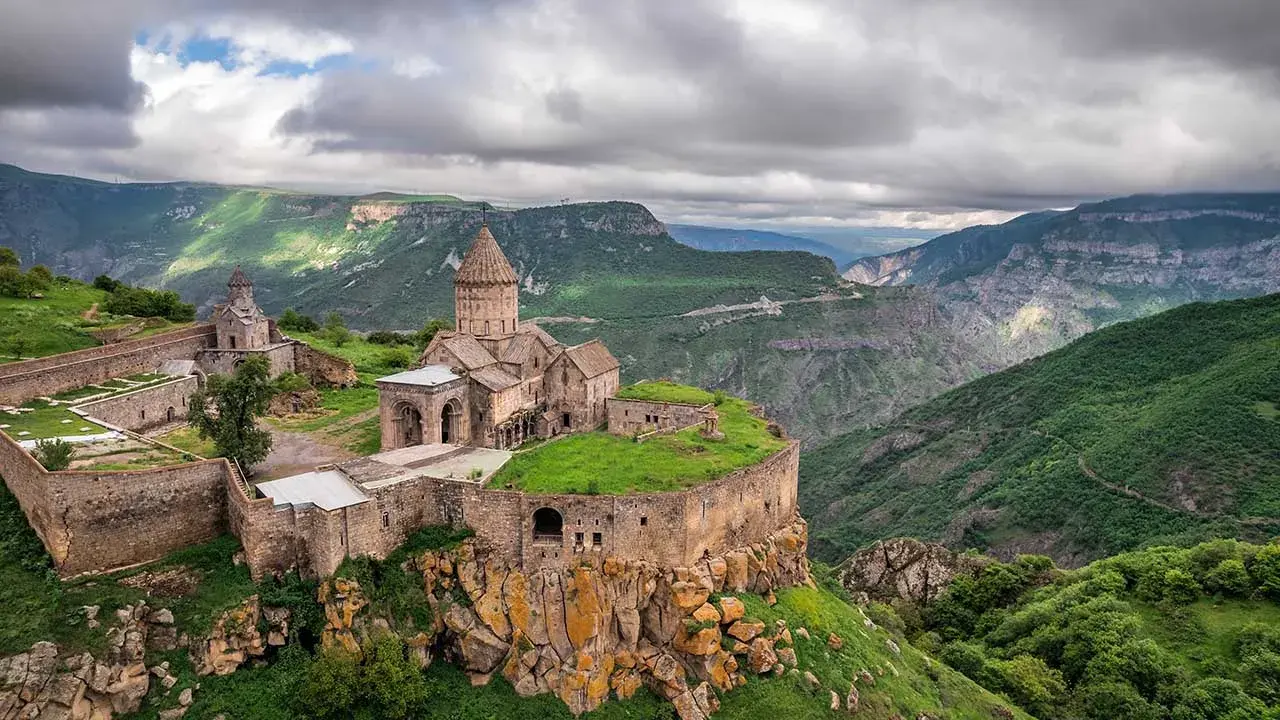With the toll reaching 15,000, President Recep Tayyip Erdogan visited the especially hard-hit Hatay province, where more than 3,300 people died and entire neighborhoods were destroyed.
GAZIANTEP, Turkey: Turkish Presiddent Recep Tayyip Erdogan on Wednesday, Feb 8, acknowledged “shortcomings” in his country’s response to the world’s deadliest earthquake in more than a decade as hope dwindled of more survivors, a report in the Deccan Chronicle, says
With the toll reaching 15,000, President Recep Tayyip Erdogan visited the especially hard-hit Hatay province, where more than 3,300 people died and entire neighborhoods were destroyed.
Erdogan, who faces a tough battle for re-election in May, reacted to the mounting frustration by acknowledging problems with the emergency response to Monday’s 7.8-magnitude quake but said the winter weather had been a major deterring factor.
The earthquake also destroyed the runway at Hatay’s airport, further disrupting timely rescue and relief response.
“It is not possible to be prepared for such a disaster,” Erdogan said. “We will not leave any of our citizens uncared for.” He also hit back at critics, saying “dishonorable people” were spreading “lies and slander” about the government’s actions.
Meanwhile, rescue teams in Turkey and Syria searched for signs of life in the rubble. Teams from more than two dozen countries have joined tens of thousands of local emergency personnel in the effort.
But the scale of destruction from the quake and its powerful aftershocks was so immense and spread over such a wide area that many people were still awaiting help.
Experts said the survival window for those trapped under the rubble or otherwise unable to obtain basic necessities was closing rapidly.
“The first 72 hours are considered to be critical,” said Steven Godby, a natural hazards expert at Nottingham Trent University in England. “The survival ratio on average within 24 hours is 74%, after 72 hours it is 22% and by the fifth day it is 6%.”
In the Turkish city of Malatya, bodies were placed side by side on the ground and covered in blankets while rescuers waited for vehicles to pick them up, according to former journalist Ozel Pikal, who said he saw eight bodies pulled from the ruins of a building.
Pikal, who took part in the rescue efforts, said he thinks at least some of the victims froze to death as temperatures dipped to minus 6 degrees Celsius (21 Fahrenheit).
“As of today, there is no hope left in Malatya,” Pikal said by telephone. “No one is coming out alive from the rubble.”
Road closures and damage in the region made it hard to access all the areas that need help, he said, and there was a shortage of rescuers where he was.
“Our hands cannot pick up anything because of the cold,” Pikal said. “Work machines are needed.”
The region was already beset by more than a decade of civil war in Syria. Millions have been displaced within Syria itself, and millions more have sought refuge in Turkey.
Stories of rescues continued to provide hope that some people still trapped might be found alive. A crying newborn still connected by the umbilical cord to her deceased mother was rescued Monday in Syria. In Turkey’s Kahramanmaras, rescuers pulled a 3-year-old boy from the rubble, and rescuers sent by the Israeli military saved a 2-year-old boy.
But David Alexander, a professor of emergency planning and management at University College London, said data from past earthquakes suggested the likelihood of survival was now slim, particularly for seriously injured individuals.
“Statistically, today is the day when we’re going to stop finding people,” he said. “That doesn’t mean we should stop searching.”
Alexander cautioned that the final death toll may not be known for weeks because of the sheer amount of rubble.
“The first 72 hours are considered to be critical,” said Steven Godby, a natural hazards expert at Nottingham Trent University in England. “The survival ratio on average within 24 hours is 74%, after 72 hours it is 22% and by the fifth day it is 6%.”
The earthquake’s toll has already outstripped that of a 7.8-magnitude quake in Nepal in 2015, when 8,800 died. A 2011 earthquake in Japan triggered a tsunami, killing nearly 20,000 people.
Many of those who survived this week’s quake lost their homes and were forced to sleep in cars, government shelters or outdoors amid rain and snowfall in some areas.
“We don’t have a tent, we don’t have a heating stove, we don’t have anything. Our children are in bad shape,” Aysan Kurt, 27, said. “We did not die from hunger or the earthquake, but we will die freezing from the cold.”
Some families began mourning their dead. In the Turkish city of Gaziantep, relatives who rushed to Kahramanmaras to rescue 21-year-old Mustafa Sonmez instead buried him Wednesday.
“May God have mercy on those who died. I wish patience for those who remain alive,” said relative Mustafa Caymaz.
In Syria, aid efforts have been hampered by the ongoing war and the isolation of the rebel-held region along the border, which is surrounded by Russia-backed government forces. Syria itself is an international pariah under Western sanctions linked to the war.
Ahmad Idris, a Syrian now living in Saraqib after being displaced by the war, cried in agony as he looked at the bodies of 25 family members.
“We came here on the basis of finding a safe shelter for us and our children,” he said. “But in the end, look how fate has caught up to us here.”
*********************************************************************
Readers
These are extraordinary times. All of us have to rely on high-impact, trustworthy journalism. And this is especially true of the Indian Diaspora. Members of the Indian community overseas cannot be fed with inaccurate news.
Pravasi Samwad is a venture that has no shareholders. It is the result of an impassioned initiative of a handful of Indian journalists spread around the world. We have taken the small step forward with the pledge to provide news with accuracy, free from political and commercial influence. Our aim is to keep you, our readers, informed about developments at ‘home’ and across the world that affect you.
Please help us to keep our journalism independent and free.
In these difficult times, to run a news website requires finances. While every contribution, big or small, will makes a difference, we request our readers to put us in touch with advertisers worldwide. It will be a great help.
For more information: pravasisamwad00@gmail.com

